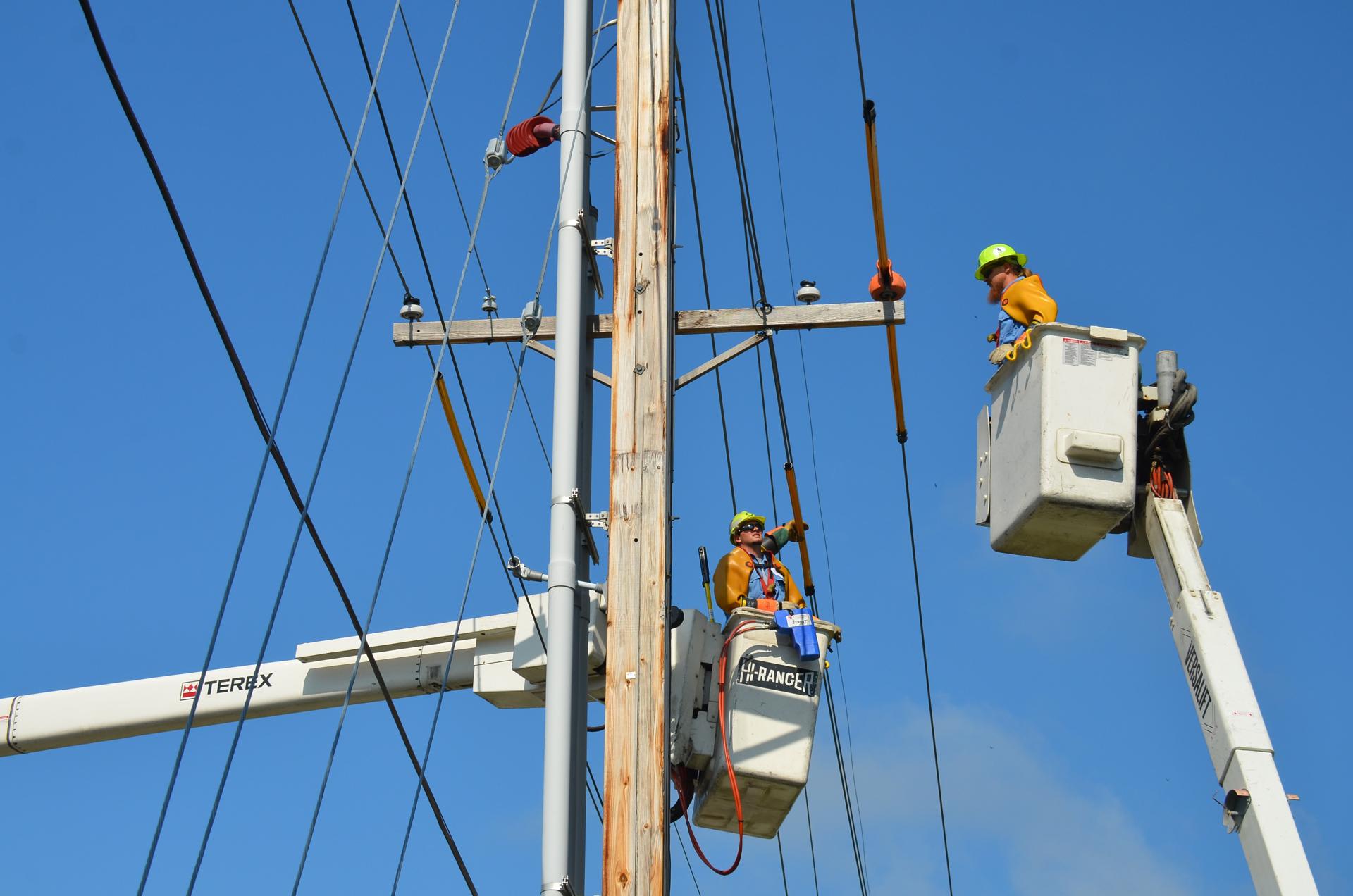The Realities of Working as an Electrician: Understanding the Risks

Working as an electrician is a profession that is not without risks However, it’s also one that can be made safer with the proper precautions. We at Local Electrician Richmond, we take safety very seriously, and we believe it is essential to educate our clients about the risks of electrical work and how to prevent accidents.
Statistics on electrical accidents:
Electrical accidents can happen both in the workplace as well as at your home. In fact, according to the Electrical Safety Foundation International, there were more than 2,000 electrical deaths in the United States from 2003 to 2018. The leading causes of these incidents are electrocution and electrical fires.
One of the best methods to prevent electrical injuries is to employ an authorized electrician. They have the expertise and expertise to manage electrical work effectively and safely, thus reducing the chance of accidents.
Safety Precautions
One of the most important safety precautions electricians employ is to wear protection gear, including gloves, eye protection, and insulated tools. They must also turn off power before starting work and use lockout/tagout procedures to ensure that the power stays off while they are working.
If you’re a homeowner, it’s crucial to avoid attempting electrical work by yourself. Even the most basic tasks, like changing an outlet or lighting fixture, could be risky if done incorrectly. It is best to hire a licensed professional to handle any electrical work.
Training and Certification
To become a licensed electrician the person must go through an extensive course of study in order to pass the certification exam. This will ensure that they have the necessary knowledge and abilities to manage electrical work efficiently and safely. We at Local Electrician Richmond, we only employ licensed electricians, so you can rest assured that your electrical work will be done right.
Conclusion:
As a summary, being an electrician does come with certain dangers, however these risks are minimized with appropriate precautions. At Local Electrician Richmond, we take safety seriously and want our customers to understand the necessity of hiring a licensed electrician to meet their electrical requirements. Remember, for any electrical services that you require, you can always call Local Electrician Richmond at 1300 610 481.
FAQ:
What do I do if encounter an electrical problem?
If you are experiencing an electrical problem the first thing you should do is turn off the power to the area in question and then contact an experienced electrician. Never attempt to fix the issue yourself, since it can be hazardous.
What is the best method to avoid electrical accidents at your home?
The most effective way to prevent electric accidents in your home is to hire an experienced electrician for all electrical work you want done. Additionally, make sure to avoid overloading outlets, use extension cords in a safe manner and replace any damaged electrical cords and devices.
Do I need to conduct my own electrical work or should I always hire an electrician?
While it may be tempting to try saving money performing your own electrical work it’s not recommended. Electrical work can be hazardous, and it’s best to engage an experienced licensed electrician with the proper expertise and training to do the task safely.
How can I determine if an electrician is certified and licensed?
To ensure the electrician is licensed and certified, you can check with the licensing board in your state or request a copy of their license and certification. At Local Electrician Richmond, all of our electricians are licensed and experienced.
What types of electrical services does Local Electrician Richmond offer?
We are Local Electrician Richmond, we offer various electrical services, such as electrical repair and installation, electrical panel upgrades lighting installations and much more. Contact us via 1300 610 481 to learn more about our offerings and how we can help you with your electrical needs.
